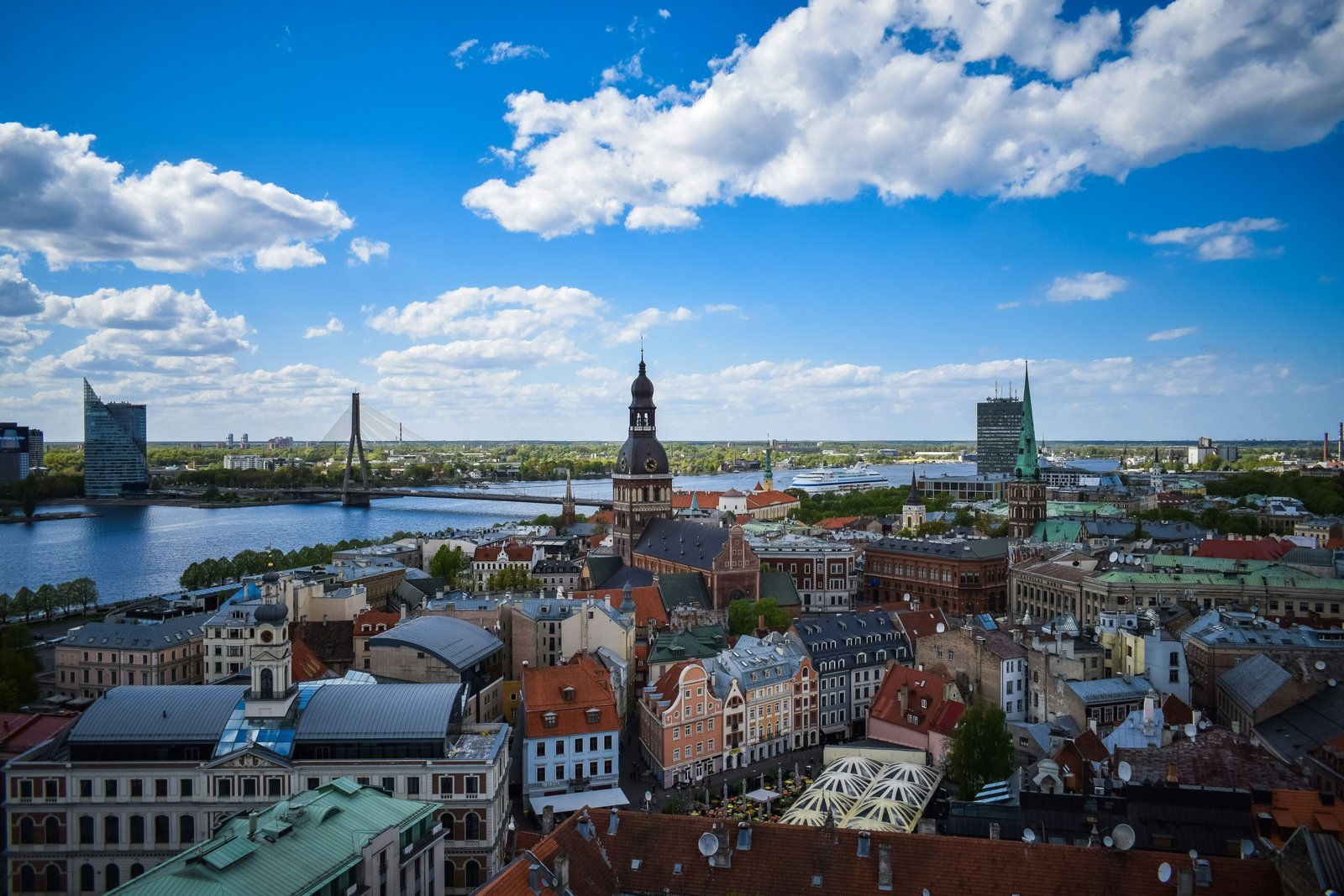
Introduction
The Latvia national anthem, known as “Dievs, svētī Latviju” (God, Bless Latvia), holds a significant place in the country’s cultural and historical heritage. This article explores the lyrics, significance, historical context, and contemporary relevance of the anthem, providing a comprehensive understanding of its importance to the Latvian people.
Lyrics
The complete original lyrics of the Latvia national anthem are as follows:
Dievs, svētī Latviju,
Mūs’ dārgo tēviju,
Svētī jel Latviju,
Ak, svētī jel to!
Kur latvju meitas zied,
Kur latvju dēli dzied,
Laid mums tur laimē diet,
Mūs’ Latvijā!
Ai, Latvija, mūs’ tev,
Vienotību dev,
Dzīvību, mūžu dev,
Dzimtenē!
Tev dāvāsim mūs’ sirds,
Tev spēkus, dzīvību.
Tuvu, Latvija, sirds
Būs mūsu dziesmu svīts.
Significance
The Latvia national anthem holds immense significance for the Latvian people, representing their love for their homeland and their aspirations for unity and prosperity. The anthem serves as a symbol of national identity, inspiring patriotism and a sense of belonging among Latvians.
Through its powerful lyrics, the anthem expresses gratitude to God for blessing Latvia and calls for His continued blessings upon the nation. It acknowledges the beauty and strength of Latvian women and men, who contribute to the growth and prosperity of the country.
Historical Context
The Latvia national anthem was written by Kārlis Baumanis in 1873, during a period when Latvia was under Russian rule. Baumanis, a prominent Latvian composer, sought to create a song that would inspire national pride and unity among the Latvian people.
At the time, Latvia was experiencing a cultural revival, with a growing sense of national consciousness and a desire for independence. The anthem played a crucial role in fostering this spirit of nationalism, serving as a rallying cry for Latvians seeking freedom from foreign rule.
Contemporary Relevance
Even today, the Latvia national anthem continues to hold great significance and resonance among the Latvian population. It is sung with pride at national events, sporting competitions, and other gatherings that celebrate Latvian culture and heritage.
The anthem serves as a reminder of Latvia’s rich history and the struggles faced by its people. It instills a sense of unity and pride, strengthening the bond between Latvians and their homeland.
Furthermore, the anthem’s message of unity and blessings from God remains relevant in contemporary Latvia. It serves as a reminder of the importance of coming together as a nation, regardless of individual differences, and working towards a common goal of prosperity and harmony.
As Latvia continues to evolve and face new challenges, the national anthem serves as a source of inspiration and a symbol of national unity.
Additional Information
In addition to its role as the national anthem, “Dievs, svētī Latviju” is also an important cultural symbol for Latvia. It is often performed by choirs and orchestras, showcasing the country’s rich musical heritage.
Furthermore, the anthem has undergone slight modifications over the years to reflect changes in Latvian society and language. These modifications have helped to ensure that the anthem remains relevant and inclusive to all Latvians.
Overall, the Latvia national anthem is a cherished and respected symbol of Latvian identity, representing the country’s history, culture, and aspirations for the future.

One thought on “The Significance and Relevance of the Latvia National Anthem”